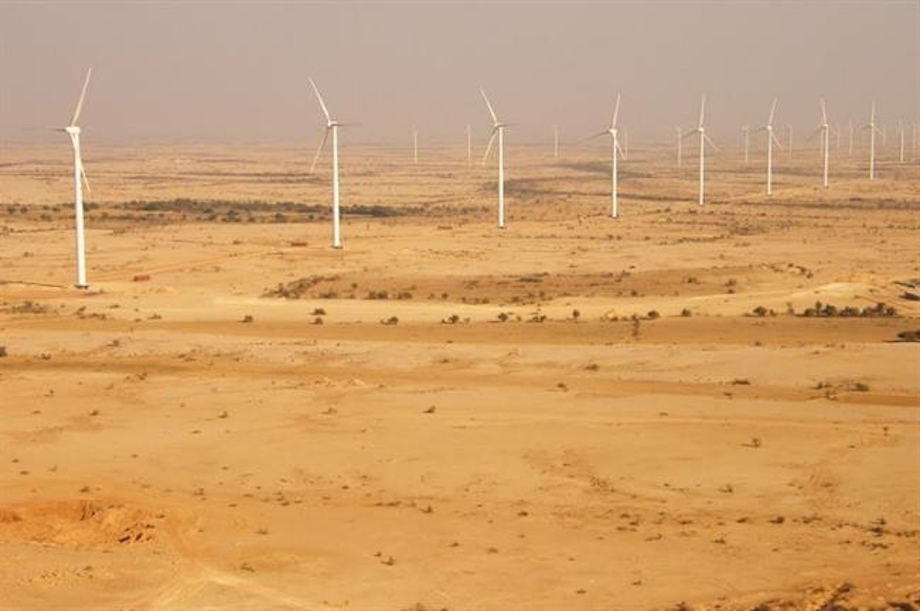Government should also clearly define the roles and responsibilities of federal and provincial institutions involved in clean energy development, the World Wind Energy Association (WWEA) suggested.
The lack of a national renewable energy strategy, grid evacuation capacity, and institutional arrangements, expertise, and financial control and resources at provincial level has hampered the deployment of clean energy, the WWEA claim.
Pakistan currently has 1,558MW of renewable energy, according to the WWEA, with wind (785MW) providing the majority of this. Solar PV (400MW), small hydro (213MW), and biofuel (160MW) make up the remainder of the mix.
The government has prioritised generation from coal-fired power plants and liquefied natural gas (LNG), the WWEA added.
About 27% of the population still lack access to electricity, WWEA claimed, and those who do have access suffer from frequent blackouts. Pakistan has also been acutely affected by climate change, the WWEA pointed out, and the impact of this is likely to worsen through the continuing use of fossil fuels.
However, effective deployment of renewable energy could improve the country’s electrification rate, foster economic development, decarbonise the power system and help Pakistan meet its obligations under the Paris Agreement.
Stefan Gsänger, the WWEA’s secretary general, said: "Although the energy transformation goes hand in hand with great benefits for countries, regions and communities around the world, it has to be well-managed by the responsible authorities.
"While the main decision-making authorities in particular of international agreements are usually national governments, implementation touches often, or is under the responsibility of sub-national units — be it states, provinces or local governments.
"Therefore, the switch to renewables must be done in a right and well-coordinated manner."
In 2010, the 18th Amendment to Pakistan’s constitution devolved regulatory powers to the provinces from central government — including, in theory, in the electricity sector.
But the WWEA criticised the government over the execution of the 18th Amendment, claiming its "ineffective implementation" had "created confusion over the governance structure of the renewable energy sector".
Jacqueline Wilk, acting country director at Heinrich Böll Stiftung, a political foundation affiliated with the German Green Party, which supported the study, added: "A review of governance mechanisms at both levels of government seems to be necessary.
"With the right institutional framework conditions, renewable energy deployment can be a great chance for Pakistan to reach its development goals."

.png)


.png)










